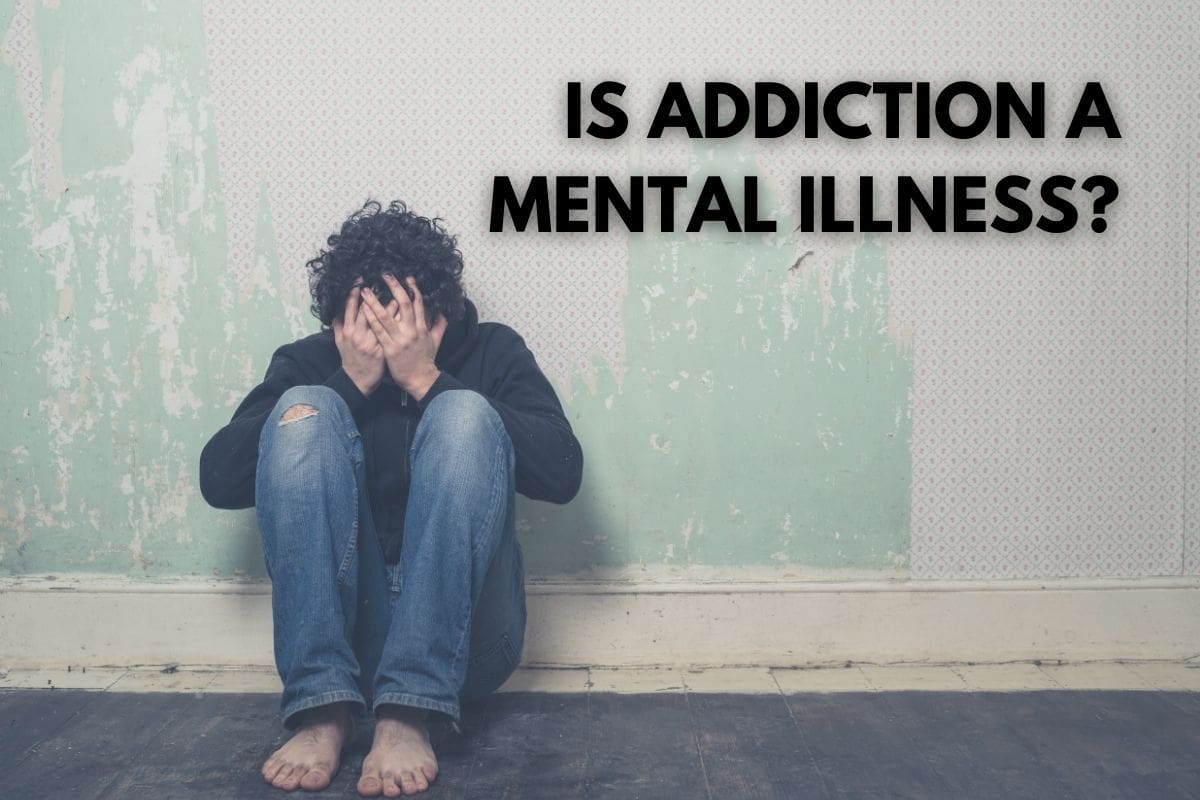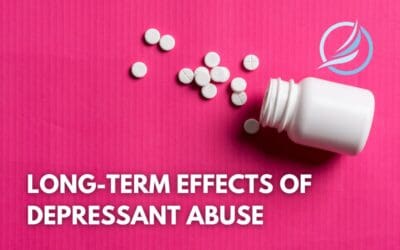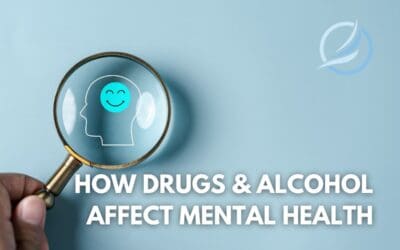According to the National Institute of Mental Health, a substance use disorder is a mental disorder that affects a person’s brain and behavior. These changes in the brain’s structure and chemical composition lead to a person’s inability to control their use of substances. Symptoms can range from moderate to severe, with addiction being the most severe form of substance use disorder.
How Addiction Affects The Brain
Most drugs work by stimulating the reward system of the brain. This system plays a role in learning and operates on dopamine – a chemical that triggers feelings of pleasure. Drugs make this system run in overdrive. When people use drugs, including alcohol, the brain releases 2 to 10 times more dopamine than naturally. This is what causes the feelings of euphoria associated with drug use. However, as people take the drugs, the brain adapts to these unnaturally large dopamine surges and becomes desensitized to them.
The result is tolerance and eventually dependence. Here’s when people become psychologically and physically addicted to most drugs. At this point, drug use isn’t a matter of choice but the response of a disease of the brain.
Of course, some people are at greater risk for addiction. Genetics, environmental factors, and family history of mental illness or substance abuse can increase people’s vulnerability to addiction.
Which One Comes First: Addiction or Mental Illness
Researchers have found a clear connection between addiction and mental illness. Half of the individuals who experience addiction will also experience a co-occurring mental health disorder and vice versa. Most people with addiction will have anxiety, ADHD, depression, bipolar disorders, or schizophrenia.
However, while these conditions co-occur, researchers don’t believe one causes another. Common risk factors can contribute to addiction and mental disorders. Substance use disorders can contribute to substance abuse, and substance abuse can worsen mental illness. This is what addiction experts call dual diagnosis.
What’s a Dual Diagnosis?
Someone with a dual diagnosis has both mental and substance use disorder. About 1 in every four adults with a mental illness struggle with a substance use disorder. Unfortunately, only 12% receive treatment for both conditions simultaneously. Data shows a significantly high rate of substance use disorders and anxiety disorders, including generalized anxiety disorder, panic disorder, and post-traumatic stress disorder. To receive an official dual diagnosis, a person must be evaluated by a mental health professional or an addiction specialist to recognize the symptoms.
Signs of Addiction
- Difficulty keeping up with school, work, or family responsibilities without being under the influence
- Engaging in lying or stealing to continue an addictive behavior or consumption of an addictive substance
- Failing to quit drugs or alcohol despite repeated efforts
- Expressing feelings of regret or shame about compulsive behavior and drug-seeking behaviors
- Spending too much time thinking about using, using, and recovering from substance abuse
- Experiencing withdrawal symptoms when trying to quit an addictive substance
- Withdrawing from friends and family members to spend more time around people who also use drugs
Signs of Mental Illness
- Expressing feelings of hopelessness, despair, and worthlessness for over two weeks
- Feeling compelled to follow elaborate rituals and maintain high standards to relieve symptoms of anxiety or stress
- Experiencing delusions, hallucinations, and other psychotic episodes
- Struggling to hold a job, friendships, or relationships due to mood swings and behavioral issues
- Turning to drugs, alcohol, or other compulsive behaviors to manage or cope with stress or anxiety
- Withdrawing from others, refusing to allow support from friends and family members
Dual Diagnosis Treatment
Addiction is, in many ways, a disability. Substance use disorders can change the brain to cause someone to lose control of their actions, thoughts, and behaviors. Fortunately, both addiction and mental illness can be managed through treatment and therapy. In most cases, a combination of medication-assisted treatment paired with behavioral therapy can effectively treat comorbid conditions.
Behavioral therapies such as cognitive-behavioral therapy (CBT) and dialectical behavioral therapy (DBT) can help change harmful beliefs and behaviors. These forms of treatment are designed to reduce self-harming behaviors, including drug abuse.
In addition, there are effective medications that can help treat opioid, alcohol, and nicotine addiction that simultaneously alleviate symptoms of mental disorders. For example, bupropion is used to treat both depression and nicotine dependence.
The key for treating comorbid disorders is to draft treatment plans that address both disorders simultaneously rather than separately. It’s also essential that treatment be tailored to an individual’s specific needs and symptoms.
Sources:
https://www.samhsa.gov/data/population-data-nsduh
https://www.drugabuse.gov/publications/drugs-brains-behavior-science-addiction/drug-abuse-addiction

































